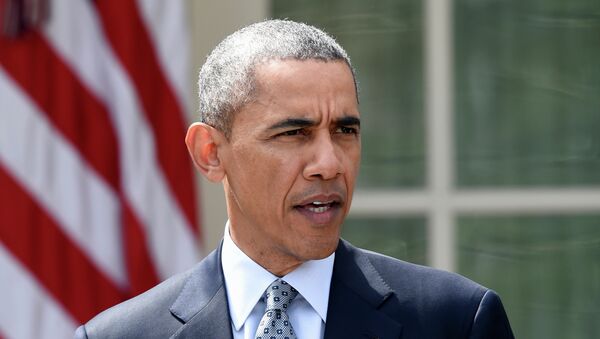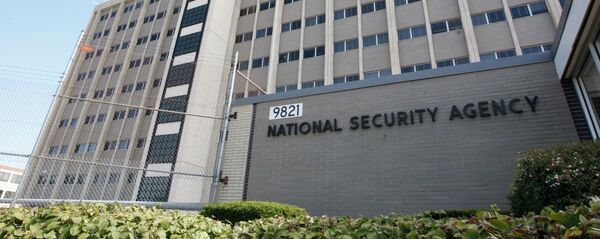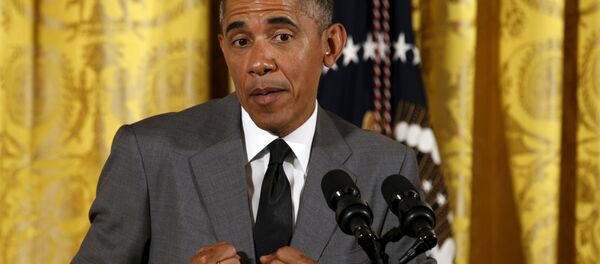“The fundamental rights to privacy and free expression so sacred to Americans are no less precious to citizens of other countries, who also shouldn’t be subject to mass surveillance,” Human Rights Watch Internet researcher Cynthia Wong stated.
Wong noted the USA Freedom Act, signed into law on Tuesday night, does not constrain surveillance under Section 702 of the Foreign Intelligence Surveillance Act (FISA) amendments legislation.
Nor does the USA Freedom Act affect Presidential Executive Order 12333, which is used by the US government to justify comprehensive communications surveillance outside the country.
The USA Freedom Act also does not address many modern surveillance capabilities, from use of malware to interception of all mobile calls in a country, the organization added.
Under the new law, the US National Security Agency (NSA) must transfer its telephone metadata collection program into the hands of private telecommunications companies over the next six months.
Critics of the USA Freedom Act argue that the law is not sufficient to limit the government’s mass surveillance authorities.
“The USA Freedom Act’s passage marks what could be a turn of the tide against mass surveillance in the US,” Wong said.
The Freedom Act ends bulk collection of phone records, but authorizes the NSA to collect targeted information about certain individuals, if granted permission to do so by a federal court.
In 2013, US intelligence services came under increased scrutiny for their mass surveillance programs after NSA whistleblower Edward Snowden leaked classified documents which revealed the scope of US electronic monitoring programs.





